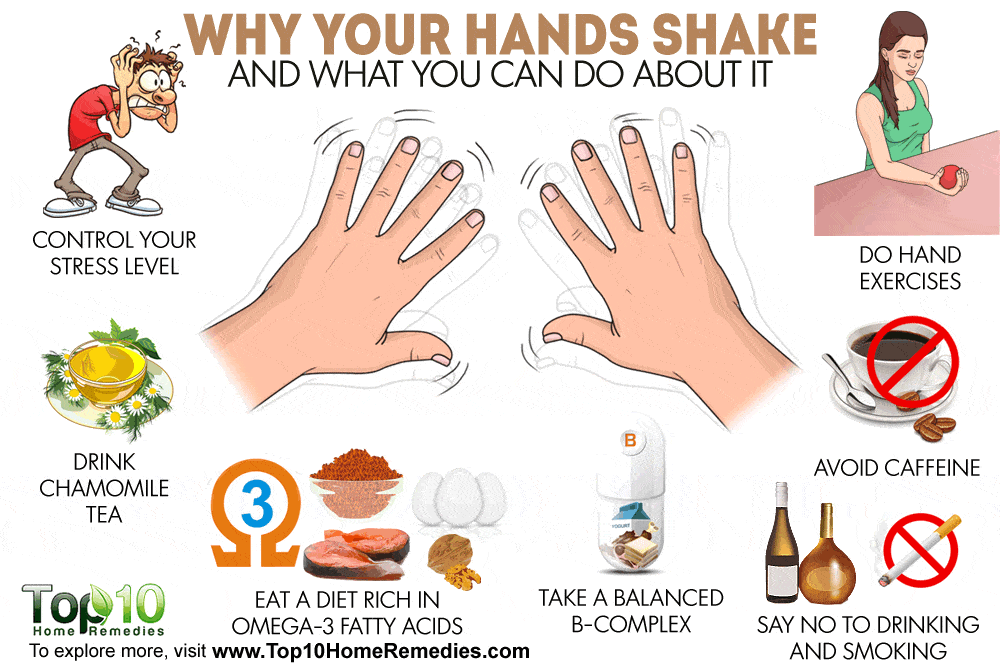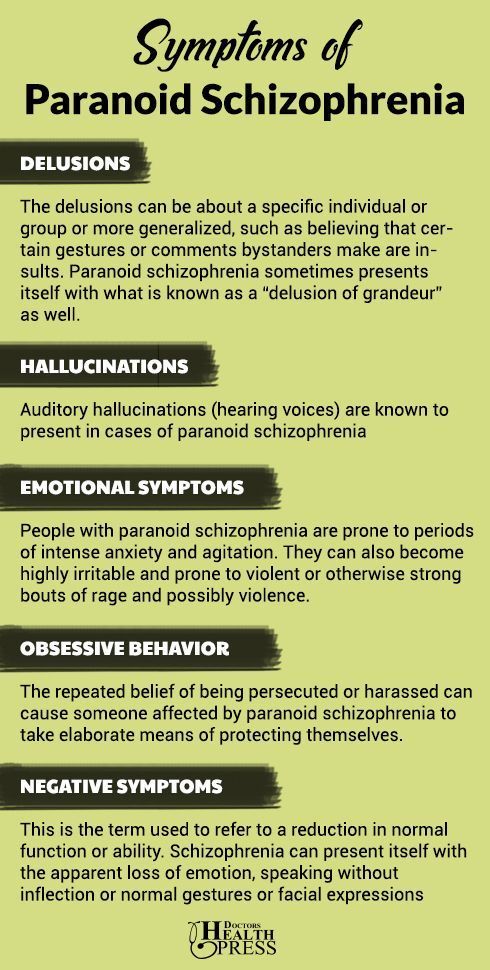How to calm shaky hands
Hand tremors: How to stop shaky hands
What causes hand tremors? | How to stop shaky hands | Medications | Surgery | When to see a doctor for shaking hands
Tremors are involuntary muscle spasms that can occur in many areas of the body. While twitching muscles can affect the eyes, legs, face, vocal cords, and other body parts, tremors are often associated with the hands. Living with hand tremors can be frustrating and make daily activities such as eating or dressing oneself difficult. Approximately 10 million people in the United States experience some form of hand tremors.
There are numerous types of tremors and reasons why they happen. Some are temporary and go away on their own, and others are linked to more severe health problems. Learn more about what causes hand tremors, how to stop shaky hands, and when to seek medical advice from a healthcare professional about hand tremors.
What causes tremors?
Many things from diet and lifestyle changes to medications and health conditions can cause hand tremors. Shaky hands in the morning could be the result of fatigue or too much caffeine. Shaking in the elderly could be due to a vitamin deficiency or a medication side effect. Tremors can also be a warning sign of alcohol withdrawal, stress, anxiety, blood pressure problems, and other health conditions.
Types of hand tremors
Treatment options for tremors of the hands may also vary based on what type you have. A healthcare professional can help you determine which type of hand tremor you or a loved one has. Here are some common types of hand tremors.
Physiologic tremor
A physiologic tremor could be a side effect of a medication. Corticosteroids, amphetamines, and some asthma medications are known for causing temporary hand tremors. Medicines used to treat neurological and psychiatric conditions can also produce physiological tremor.
Physiologic tremors can also be a symptom of the following:
- Alcohol withdrawal
- Hypoglycemia (low blood sugar)
- Overactive thyroid (hyperthyroidism)
Parkinson’s disease tremor
Many people often associate shaking hands and limbs with the neurological disorder Parkinson’s disease. Nearly 80% of individuals with Parkinson’s have tremors, which often occur in the resting state (called resting tremors). Patients with further developed Parkinson’s disease can have continuous and severe tremors, which seriously interfere with everyday tasks such as eating or tying their shoes.
Nearly 80% of individuals with Parkinson’s have tremors, which often occur in the resting state (called resting tremors). Patients with further developed Parkinson’s disease can have continuous and severe tremors, which seriously interfere with everyday tasks such as eating or tying their shoes.
Essential tremor
Hands shake rhythmically and involuntarily with essential tremors. Although essential tremors are neurological, it is not in the same category as tremors associated with Parkinson’s disease. Essential tremors are treatable and sometimes avoidable, but not curable. Extreme temperatures, stress, anxiety, smoking cigarettes, and caffeine can trigger and worsen essential tremors.
Psychogenic tremor
Psychogenic tremors are often the result of a psychological condition such as stress, anxiety, trauma, or psychiatric disorder. Spasms and involuntary body movements can develop from a rapid increase in blood pressure and heart rate associated with stress.
Cerebellar
A cerebellar tremor can occur when the cerebellum or pathways to the brain have been injured or damaged. Stroke patients can develop tremors if the cerebral arteries are damaged. A tumor is another example of damage to the cerebellum, causing hand or body tremors.
Stroke patients can develop tremors if the cerebral arteries are damaged. A tumor is another example of damage to the cerebellum, causing hand or body tremors.
Medications that cause tremors
Hand tremors are the potential side effect of numerous medications. Prescription drugs used to treat depression, asthma, cancer, and acid reflux are among many that can cause shaky hands. Some antibiotics, weight loss medications, and antivirals are also on the list of drugs that can result in temporary hand tremors.
Antidepressants and antipsychotics
Although effective in treating depression, shaky hands are a side effect of many antidepressants. Antipsychotic medications also cause tremors which are known as tardive dyskinesia. Common medications include:
- Tricyclic antidepressants, such as amitriptyline, doxepin, amoxapine
- Serotonin reuptake inhibitors (SSRIs), such as Zoloft, Prozac, Lexapro
- Mood stabilizers, such as lithium, Depakote, Lamictal
Asthma medication
Side effects of asthma or bronchodilators can lead to movement disorders in the fingers and hands.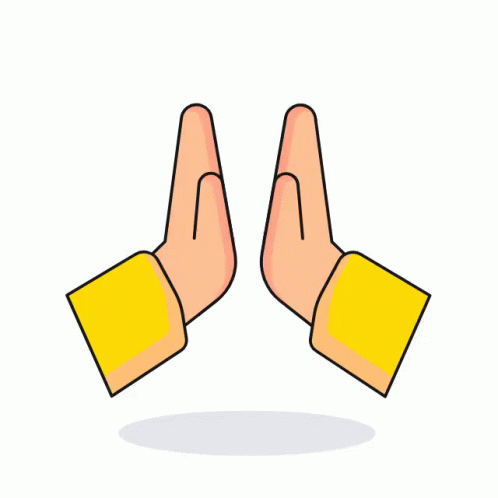 Prescription inhalers or nebulizers such as Proventil and Ventolin (albuterol) are among those that stimulate the nervous system, potentially causing shaky hands. The hand tremors are only temporary, lasting 30 to 60 minutes after using the medication and are not to be considered harmful.
Prescription inhalers or nebulizers such as Proventil and Ventolin (albuterol) are among those that stimulate the nervous system, potentially causing shaky hands. The hand tremors are only temporary, lasting 30 to 60 minutes after using the medication and are not to be considered harmful.
Acid reflux medication
Prilosec (omeprazole) can also cause hand tremors as a side effect. Omeprazole interferes with vitamin B12 absorption, which is an essential vitamin for the nervous system. Shakiness should stop upon discontinuing the use of the drug.
Anti-nausea medicine
Reglan (metoclopramide) has the potential side effect of muscle spasms, but you should notify your healthcare professional if you experience this side effect. Reglan can also interfere with other medications (even over-the-counter pain meds), so it is important to tell your doctor if and what other medications you are taking.
How to stop shaky hands naturally
Hand tremors can be annoying, embarrassing, and affect how you live. Lifestyle changes and natural remedies such as altering your diet, exercise, therapy, and even surgery are options for relieving hand tremors. Natural home remedies could significantly reduce or eliminate shaky hand symptoms and reduce the need for medicinal or surgical treatment.
Lifestyle changes and natural remedies such as altering your diet, exercise, therapy, and even surgery are options for relieving hand tremors. Natural home remedies could significantly reduce or eliminate shaky hand symptoms and reduce the need for medicinal or surgical treatment.
Diet changes
A Mediterranean diet full of fruits and vegetables can have a positive effect on overall health, but it’s also been studied against neurodegeneration, Alzheimer’s, and essential tremors. The diet includes vegetables, legumes, fruits, whole-grain cereal, and unsaturated fatty acids. Fish is also allowed, but it can sometimes be contaminated with mercury, which could make tremors worse. People on a Mediterranean diet should limit their dairy, meat, poultry, and alcohol consumption.
Water is another form of medicine. Drinking the recommended four to six cups of water a day can keep the body hydrated as well as flush toxins from the body that could be contributing to hand tremors.
Caffeine is a stimulant, so reducing or eliminating it from your diet can also minimize hand tremors. Caffeine is in coffee, tea, sodas, and other beverages and chocolate. If you consume caffeine regularly and abruptly stop, you can also experience tremors from caffeine withdrawal. After discontinuing caffeine, shaky hands and other withdrawal symptoms may last up to 10 days. Weaning yourself from this stimulant could prove to be a practical approach to avoid hand tremors.
Alcohol is another contributing factor to hand tremors. As a depressant, alcohol affects the central nervous system. Hand tremors can occur when drinking alcohol excessively as well as from alcohol withdrawal.
Vitamin B12
Vitamin B12 is essential to maintain a healthy nervous system. A deficiency of vitamin B12, B-6, or B-1 could lead to the development of hand tremors. The recommended dietary allowance (RDA) of vitamin B12 for adults is 6 mcg, but you may need more if you take a medication that hinders vitamin absorption.
Vitamin B12 can be taken in a capsule form, injection, or found in everyday foods. Eggs, milk, meat, and most animal products naturally contain vitamin B12. Many cereals have been fortified with vitamins as well.
Hand and wrist exercises
Your healthcare provider may refer you to a physical or occupational therapist for treatment or recommend exercises you can do at home.
Squeezing a stress ball or hand grip for two to 10 seconds, releasing, and repeating 10 times on each hand can be an easy exercise to incorporate into your day.
Rotating the wrists in a circular motion can keep tendons and ligaments flexible. Moving the hands with intention can keep synovial fluid from building up, which prevents or reduces tremors.
Curling a light hand weight with arms resting on a table and your palms facing up can also strengthen and fine-tune your muscle control.
Weighted hand glove
A weighted glove is a piece of adaptive equipment designed by occupational therapists. The gloves come in various weights. The gloves offer an individual with tremors more hand stability and can reduce the patient’s need for surgery.
The gloves come in various weights. The gloves offer an individual with tremors more hand stability and can reduce the patient’s need for surgery.
Relaxation
Stress, anxiety, and other mental health problems can trigger hand tremors. Relaxation techniques such as breathing exercises, creating a relaxing atmosphere, practicing yoga, and meditating are all worth exploring if stress contributes to tremors.
Massage therapy can also heal muscles in the hands affected by tremors while reducing stress in the mind and body.
Fatigue is another common cause of shakiness, as getting plenty of rest is important for the body and nervous system to function correctly. The average adult needs approximately seven to nine hours of sleep.
Medications for tremors
Tremors may be treatable with a variety of medications. Beta blockers, anticonvulsants, anti-seizure medications, and amino acids are among some of the commonly prescribed drugs to reduce shaky hands.
Progesterone
A 5% progesterone cream can block adrenaline and be a useful aid in reducing shaky hands, according to Micheal E. Platt, MD, the owner of Platt Wellness Center and author of Adrenaline Dominance. This topical solution is available over-the-counter (OTC) and can be rubbed onto the skin of the hands to relieve symptoms.
Platt, MD, the owner of Platt Wellness Center and author of Adrenaline Dominance. This topical solution is available over-the-counter (OTC) and can be rubbed onto the skin of the hands to relieve symptoms.
Primidone
Mysoline (primidone) is a commonly prescribed medication used to treat seizures, but can also be useful in reducing hand tremors. This prescription drug is a barbiturate anticonvulsant, and it helps stabilize the brain’s electrical pulses.
Levodopa
Levodopa is an amino acid that can help reduce tremors by replenishing the body’s dopamine supply. Commonly used in the treatment of Parkinson’s disease, levodopa may also help treat other forms of tremors. Individuals who take levodopa should avoid proteins found in foods such as meats and iron supplements, as these could decrease the medicine’s absorption factor.
Beta blockers
Beta blockers (or beta-adrenergic blocking agents) block adrenaline, also referred to as epinephrine, and reduce blood pressure.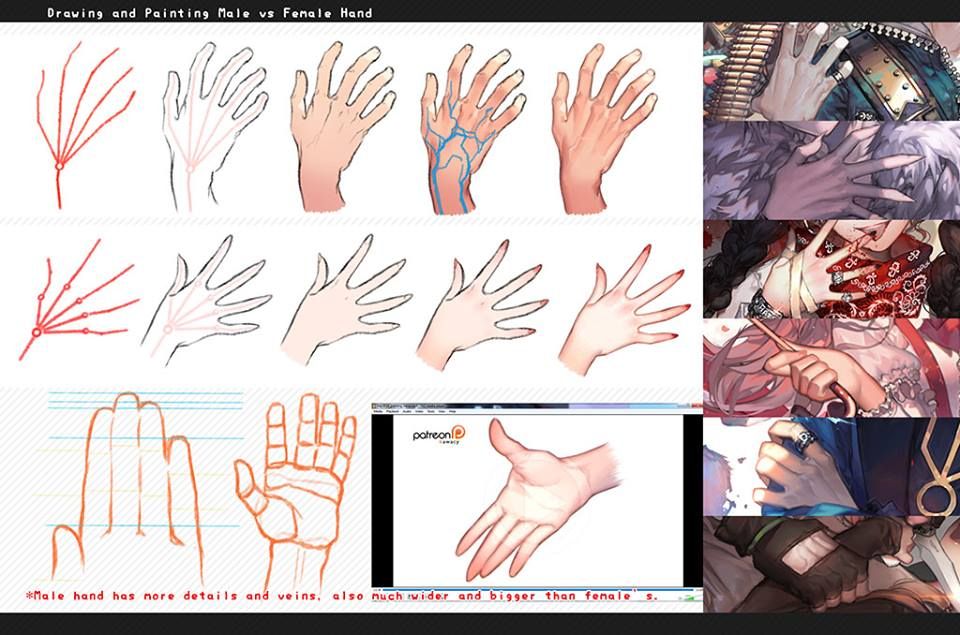 Lower blood pressure can reduce the onset of tremors. Beta blockers such as metoprolol, propranolol, nadolol, or bisoprolol treat health issues, including tremors.
Lower blood pressure can reduce the onset of tremors. Beta blockers such as metoprolol, propranolol, nadolol, or bisoprolol treat health issues, including tremors.
In addition to or lieu of prescribed beta blockers, beta-adrenergic blocking agents can be found naturally in many foods. Nuts, seeds, bananas, leafy greens, poultry, and meats contain beta blockers. Eating these foods could help reduce anxiety, contribute to overall wellness, and possibly reduce tremors.
Surgery for hand tremors
In some cases of tremors, especially essential tremors, surgery may be necessary. A minimally invasive process of inserting a neurostimulator into the brain called deep brain stimulation (DBS) is available. Similar to a pacemaker, the neurostimulator device sends an electrical pulse that can prevent tremors from occurring.
A thalamotomy is another surgery for individuals with essential tremors. This particular surgery interferes with the thalamus on one side of the brain. This surgery is often performed on the side of the brain opposite side of your dominant hand.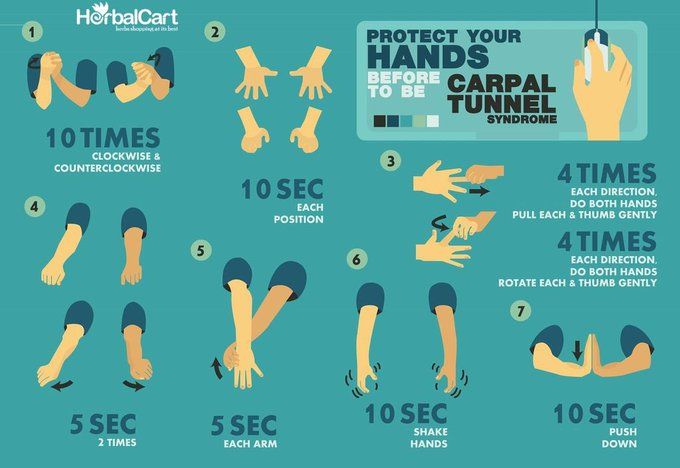 The results of the operation will then impact and relieve symptoms of the dominant hand. Side effects of the surgery are often temporary but can include speech difficulties, confusion, and balance issues.
The results of the operation will then impact and relieve symptoms of the dominant hand. Side effects of the surgery are often temporary but can include speech difficulties, confusion, and balance issues.
When should someone see a doctor for shaky hands
If you have hand tremors, seeking professional help sooner than later could prevent the worsening of a severe medical condition. Medications that slow the onset and progression of neurological disorders could be an essential step to managing your wellness. On the other hand, your healthcare professional may inform you that you just need to reduce stress in your life or switch to decaf. Either way, finding out why you have hand tremors should be a priority.
Treating Shaking Hands: Medication, Lifestyle Changes, Surgery
Shaky hands are commonly referred to as a hand tremor. A hand tremor itself isn’t life threatening, but it can make daily tasks difficult. It can also be an early warning sign of some neurological and degenerative conditions.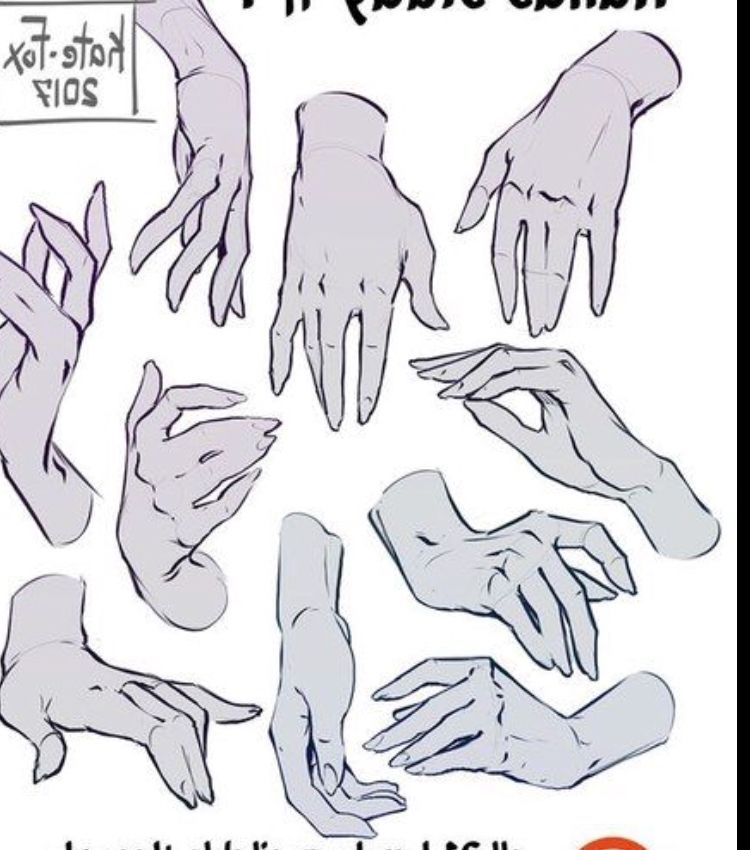
The most common cause of shaking hands in adults is essential tremor, a condition doctors do not fully understand. Learn more about it in the causes section below.
If you experience hand tremors, speak with your doctor.
Read on to learn more about the treatments for shaking hands, as well as the various causes of this symptom.
Not everyone with shaky hands will need treatment. But if your doctor decides you’re a good candidate, they may prescribe medication first.
Commonly prescribed medications
According to the National Tremor Foundation, the most commonly prescribed medications for treating shaky hands due to essential tremor are:
- propranolol (Inderal)
- primidone (Mysoline)
Propranolol is a beta-blocker designed to treat:
- arrhythmia
- fast heart rate
- hypertension
Primidone is an antiseizure medication.
If these don’t work for you, your doctor may recommend other medications.
Other beta-blockers
Metoprolol (Lopressor) and atenolol (Tenormin) are also beta-blockers that may be used to treat essential tremor. Your doctor may prescribe one of these medications if other medications don’t help your tremor, but it may not work as well as propranolol.
Other antiseizure medications
Gabapentin (Neurontin) and topiramate (Topamax) are other medications primarily used to treat neurological or psychiatric conditions, such as seizures or neuropathic pain. They may be helpful for people with essential tremor.
Anti-anxiety medication
Alprazolam (Xanax) is used to treat anxiety (which can cause shaking hands) and panic disorders, but early research indicated that it may be an effective treatment for essential tremor. This drug should be taken with caution because it’s known to be habit-forming.
Botox
Botulinum toxin type A (Botox) shows promise as a treatment for essential tremor affecting the hands. This medicine may cause significant muscle weakness where injected, so be sure to speak with your doctor about the potential risks and benefits.
The benefits from a successful injection can last up to 3 months. Subsequent injections may be needed.
A doctor may recommend one or more strategies to help ease the symptoms of essential tremor. Suggestions may include:
- Using heavier objects. You may need to replace lightweight or delicate objects, such as glasses, silverware, or plates, with heavier versions. The extra weight may make the item easier to handle.
- Using specially designed utensils and tools. Gripping and controlling items like pens, pencils, garden tools, and kitchen utensils may be difficult if you have shaky hands. You might consider looking for versions of these items that are designed for people with grip and control challenges.
- Wearing wrist weights. The extra weight on your arm may make control easier.
A doctor is unlikely to recommend surgery as your first treatment option. Surgical treatments are typically reserved for people who have a severely disabling tremor. Surgery may become an option as you age or if the tremor worsens.
Surgery may become an option as you age or if the tremor worsens.
Deep brain stimulation
Deep brain stimulation (DBS) is a surgical procedure used to treat tremors. During a DBS procedure, a surgeon places electronic devices called electrodes in your brain that receive an electronic signal that interferes with the brain activity responsible for the tremor.
The signal is transmitted from a device that’s implanted under the skin of your upper chest. DBS is currently only recommended for people with advanced or severe limb tremor.
Thalamotomy
Thalamotomy is another surgical option.
During this procedure, your surgeon will use radiofrequency sound waves to make a permanent lesion in a very small area of your brain’s thalamus. An MRI is used to guide where the waves are aimed. This interrupts the brain’s typical electrical activity and reduces or stops the tremor.
A tremor, or shaking hands, is not always the result of an illness or disease. It can be a reaction to something like medication or stress.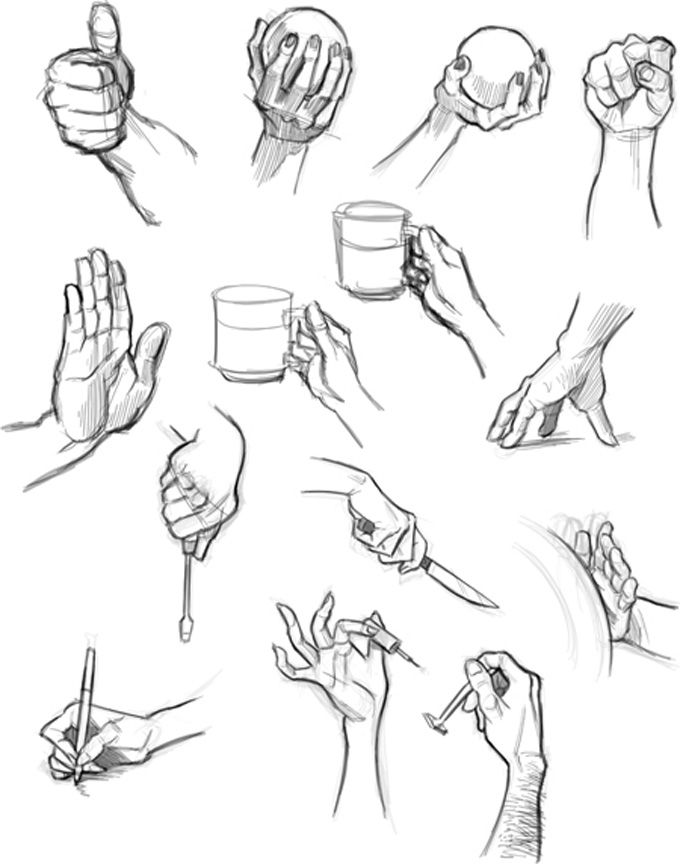
Tremors range in severity. They can occur randomly, or they can be constant.
Understanding the underlying condition or issue can often help you and your doctor find a treatment that’s helpful.
Essential tremor
The most common cause of shaking hands is essential tremor, which affects adults most often. Essential tremor is not well understood. It’s thought to be caused by a disruption in the normal functioning in parts of your central nervous system, such as your cerebellum.
This type of tremor runs in families sometimes. In fact, about 50 percent of cases of essential tremor are thought to be genetic, according to the National Institute of Neurological Disorders and Stroke.
Researchers aren’t entirely sure what causes the neurological interruption or how to stop it. They’re also unclear about whether it’s a degenerative process.
People with essential tremor experience frequent shaking that tends to be worse when in motion. The shaking can’t be controlled and most often occurs in your hands, arms, head, and vocal cords. The shaking may be more pronounced in your dominant hand, but it can affect both sides of your body.
The shaking may be more pronounced in your dominant hand, but it can affect both sides of your body.
Parkinson’s disease
By comparison, people with Parkinson’s disease typically experience a hand tremor when their muscles are at rest and see a reduction in the tremor when their muscles are in use. This is called resting tremors.
But about one quarter of people with Parkinson’s disease also have an action tremor, or a tremor that occurs when the muscles are in use.
Tremor is typically an early sign of Parkinson’s disease. Most people will experience the shaking on one side of their body, but it may spread with time. Stress, anxiety, or excitement can make the shaking worse.
Stroke
An ischemic stroke occurs when a blood clot blocks an artery that supplies blood to your brain. This prevents blood and oxygen from reaching your brain.
Long-term, lasting damage can occur if the stroke is not immediately treated. Any lasting damage can affect the neurological pathways in your brain and cause tremors in your hands.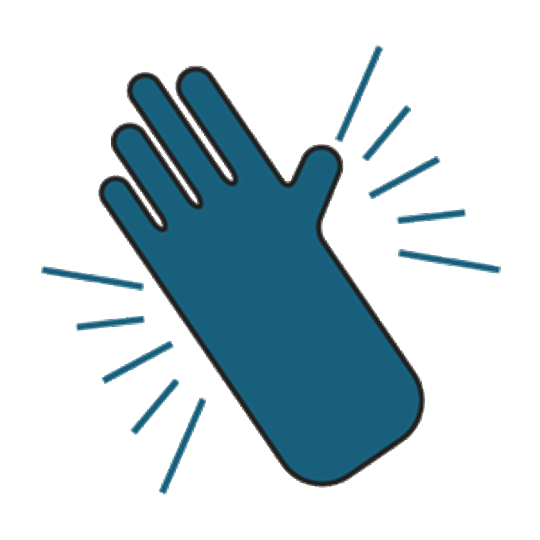
Overactive thyroid
The thyroid is a gland in your neck that sits just above your collarbone. It produces the hormones that help supply your body with energy, and it uses those hormones to regulate your metabolism.
If you produce too much of the hormones, you may have a metabolic condition known as overactive thyroid, or hyperthyroidism. An overactive thyroid makes your body more active than it needs to be. This can cause issues like:
- increased heart rate
- trouble sleeping
- shaking hands
Cerebellar disorders
Cerebellar disorders are a group of disorders that affect your brain’s cerebellum, the area of your brain that controls balance and coordination. Damage to this part of your brain can interrupt the intricate pathways that control movement and coordination.
Disorders like fragile X syndrome impact the cerebellum. They commonly cause tremors, in addition to balance and walking issues.
Other conditions can damage the cerebellum and lead to shaking hands.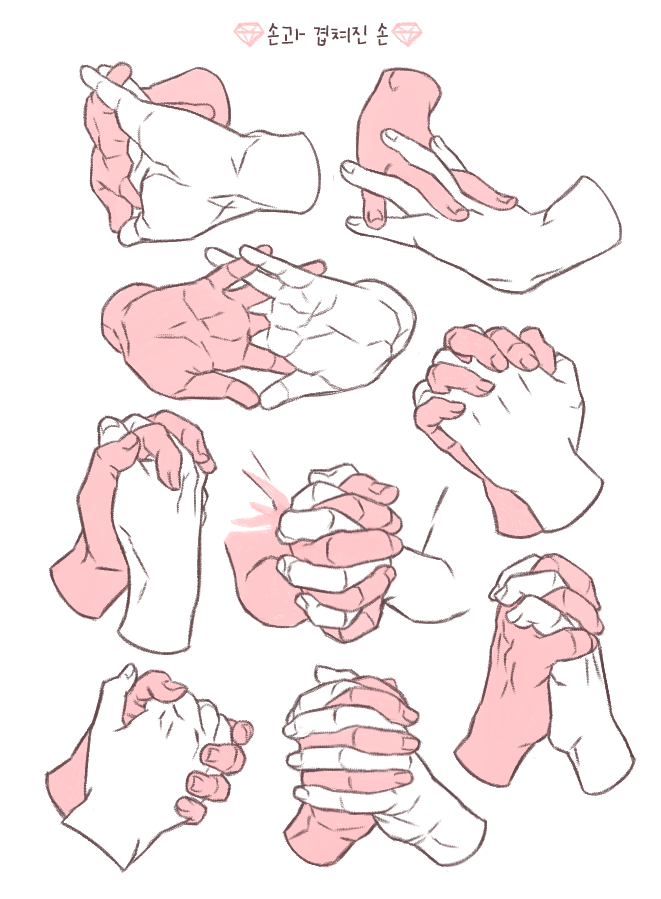 These potential causes include strokes, seizures, or tumors. The damage to someone’s brain may make smooth, controlled movement difficult.
These potential causes include strokes, seizures, or tumors. The damage to someone’s brain may make smooth, controlled movement difficult.
Huntington’s disease
Huntington’s disease is a condition that causes the progressive breakdown of nerve cells in your brain. A shaking or jerking hand is one of the most common signs of Huntington’s disease. Over time, the condition will greatly impair your cognitive and emotional capabilities, as well as your physical ones.
Traumatic brain injury
A physical injury to your brain can impair your brain’s typical functioning. The damage to your brain may impact physical movement.
Hand tremors or shaking may occur when the injury affects certain areas of your brain, like the cerebellum, or the nerves that control hand movement.
A brain injury may occur in an accident, such as a car collision or a fall. It can even result from activities like sports.
Medication side effects
Shaking hands can be the result of medication side effects, including certain:
- psychiatric medications
- antiepileptic medications
- anti-asthma medications
- immunosuppressant medications
One reason these drug-induced tremors occur is because some of these medications block a brain chemical called dopamine.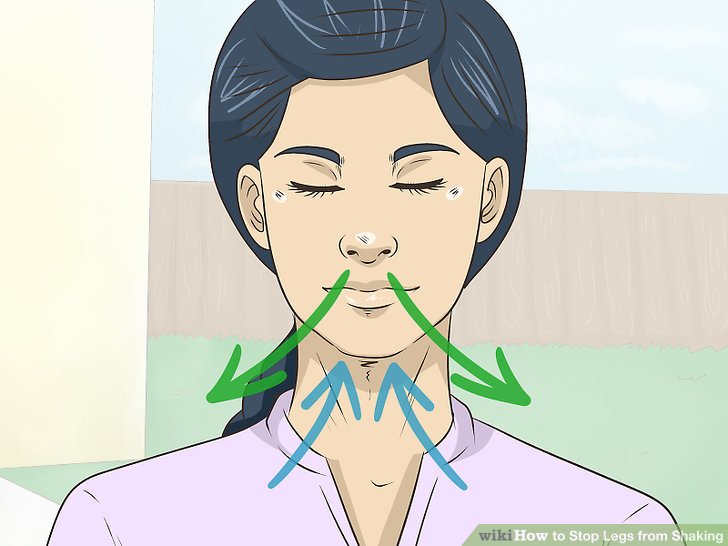 This chemical moves information from one part of your brain to another. When the dopamine can’t reach the parts of your brain that it should, movement issues like shaking hands can develop.
This chemical moves information from one part of your brain to another. When the dopamine can’t reach the parts of your brain that it should, movement issues like shaking hands can develop.
If you stop the medication, the tremors will likely go away. However, be sure to weigh the medication’s benefits against the side effects or ask your doctor about a different medication that may be less likely to cause shaking hands.
Caffeine overdose
If you’ve ever had a cup of coffee or tea on an empty stomach, you might know the impact caffeine may have on your hands. Too much caffeine can lead to shaking hands. That’s because caffeine stimulates your body’s muscles, causing them to move out of sequence.
Other symptoms of a caffeine overdose include:
- rapid heartbeat
- confusion
- headache
- insomnia
- irritability
Alcohol overuse or withdrawal
People whose bodies are physically dependent on alcohol may experience a number of withdrawal symptoms if they try to stop drinking. Shaking hands, or “the shakes,” is one of the most common signs of alcohol withdrawal. Other symptoms include:
Shaking hands, or “the shakes,” is one of the most common signs of alcohol withdrawal. Other symptoms include:
- sweating
- hallucinations
- nausea
- vomiting
The shaking or tremors may last a few days, but if your body has been physically dependent on alcohol for a long period of time, this symptom, as well as others, can last many months.
Anxiety
Stress and anxiety are a reality of everyday living for many people.
When you experience stress and anxiety, your body responds by releasing a surge of adrenaline, a hormone that helps control your body’s energy.
Stress also activates your natural “fight of flight response.” This sudden rush of adrenaline can lead to a faster heartbeat and an increase in blood flow to your brain. It may also cause shaking hands.
Stress can also worsen an existing tremor.
Low blood sugar
Low blood sugar, or hypoglycemia, occurs when your body doesn’t have enough energy, or glucose, to fuel your activities.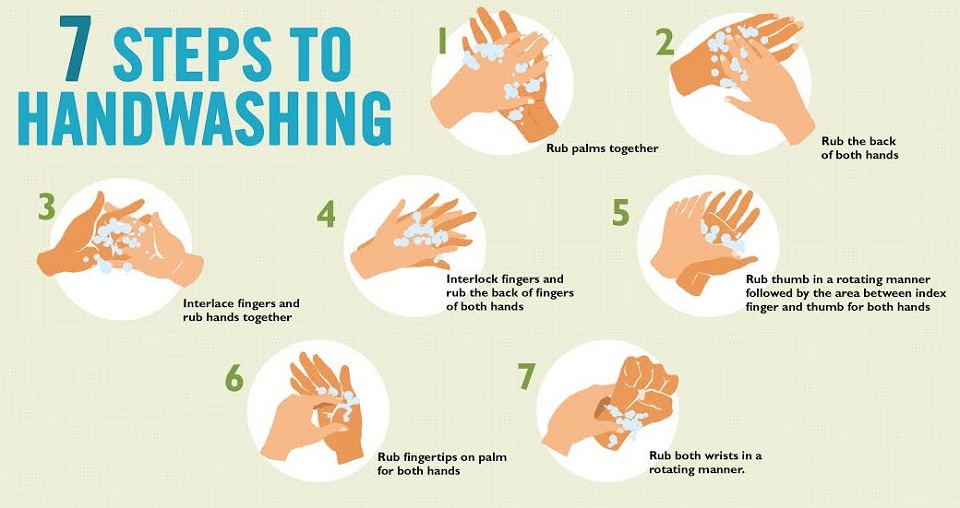 Skipping meals, taking too much medication, exercising too much, or eating too little can lead to a drop in your blood glucose levels.
Skipping meals, taking too much medication, exercising too much, or eating too little can lead to a drop in your blood glucose levels.
When your blood sugar levels drop too low, your body triggers its own stress response. This can make you feel shaky and jittery. Other symptoms of low blood sugar include:
- sudden nervousness
- rapid heartbeat
- trouble thinking
- sweating
- dizziness
For people with diabetes, low blood sugar can be dangerous. If left untreated, it can lead to loss of consciousness, seizure, or coma.
Multiple sclerosis
Multiple sclerosis (MS) is a progressive disease that occurs when your body’s immune system attacks your brain, nerves, and spinal cord. This leads to issues like inflammation and lesions in your central nervous system and brain.
As the damage worsens, symptoms like shaking hands may appear. In fact, MS can cause a number of tremors.
Other symptoms of MS include:
- changes to speech
- difficulty swallowing or chewing
- issues with bladder control
Though there’s no cure for most tremors, there are available treatments options.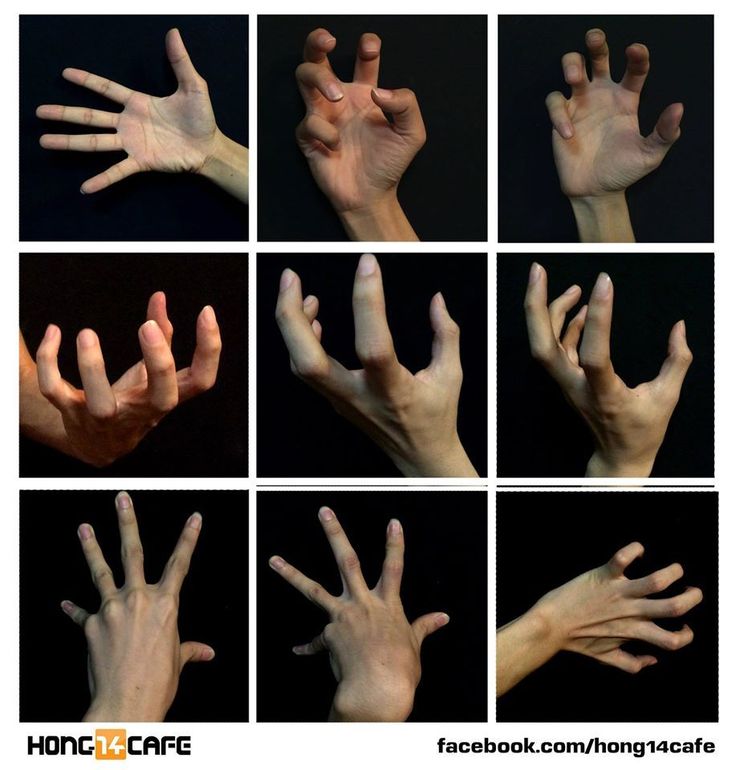 These treatments are determined by the cause of your hand tremor. If your tremor is caused by an underlying condition, treating that condition may reduce or eliminate the tremor.
These treatments are determined by the cause of your hand tremor. If your tremor is caused by an underlying condition, treating that condition may reduce or eliminate the tremor.
If caffeine, alcohol, or other stimulants affect your tremor, consider removing them from your diet. If your tremor is a side effect of medication, speak with your doctor about your options.
If your shaky hands are caused by essential tremor, there’s no cure, but there are ways to manage it. The condition, which often begins in adolescence or in your 40s, may worsen as you get older.
However, treatments may offer some symptom relief. The types of treatment you use will depend on how severe the shaking is and the potential side effects of each treatment option. You and your doctor can discuss your options.
If you’ve experienced shaky hands or symptoms of essential tremor, make an appointment to speak with your doctor. They will likely request several medical and physical tests to rule out other possibilities before a diagnosis can be made.
Once a diagnosis is made, you can begin to discuss treatment options. Treatment may not be necessary if the tremor is mild and doesn’t interfere with day-to-day activities.
If the shaking becomes too difficult to manage, you can revisit the treatment options. Finding one that works well with minimal side effects may take time. You can work with your doctor and any therapists or specialists you visit to find a plan that best suits your needs.
The most common cause of shaky hands is essential tremor. This neurological disorder causes frequent, uncontrolled shaking, especially during movement.
While there’s no cure for most hand tremors, prescription medications and lifestyle changes may provide relief, depending on the cause.
Why hands are shaking and what to do about it
November 29, 2022 Likbez Health
It is often better to see a doctor than to worry.
Trembling in the hands (scientifically - hand tremor) is a common problem that every adult must have encountered at least once. As a rule, a slight tremor is harmless and goes away on its own. However, sometimes it can be an early symptom of a serious illness.
As a rule, a slight tremor is harmless and goes away on its own. However, sometimes it can be an early symptom of a serious illness.
Why do hands shake
The nervous system is responsible for how the hands behave at rest and how accurate their movements are. Any disorders - for example, problems with cerebral circulation, damage or malfunction of some parts of the brain, incorrect transmission of signals along nerve pathways - lead to the fact that we lose control over fine motor skills of the limbs. This is how a tremor occurs. nine0003
Here are some common reasons that can lead to this.
1. Nervous tension
When the brain thinks you are in danger, it triggers the fight-or-flight response. That is accompanied by a sharp increase in the level of hormones, and this leads to overexcitation of the nervous system. One of the signs of nervous tension is trembling in the hands. It disappears as soon as the person calms down.
2. Anxiety or other mental disorder
This is the case when the nervous system is in constant tension. Tremors can manifest as anxiety disorder, depression, PTSD (post-traumatic stress disorder), manic-depressive illness, or a variety of phobias. nine0003
Tremors can manifest as anxiety disorder, depression, PTSD (post-traumatic stress disorder), manic-depressive illness, or a variety of phobias. nine0003
3. Alcohol poisoning
Alcohol poisoning is an unpleasant thing that is accompanied by imbalance and hand tremors as one of the symptoms.
Also, trembling in the fingers is a frequent companion of abstinence. This condition occurs when a person suffering from alcohol addiction tries to give up alcohol.
4. Excess caffeine
Caffeine is a natural stimulant of the nervous system. It can make your hands shake if you drink too much coffee. nine0003
In addition, caffeine is found in decent doses in tea, chocolate, some carbonated drinks and more.
5. Taking certain medications
If your hands are trembling after you have been prescribed a medication by your doctor, check the package leaflet, section on side effects. You may find an item on tremors there.
Here are some drugs that increase the risk of hand tremors:
- asthma medicines;
- medicines containing caffeine (eg over-the-counter headaches) or amphetamines; nine0042
- corticosteroids;
- drugs for the treatment of certain mental and neurological disorders;
- certain antihistamines (allergy medicines).

6. Lack of sleep
Healthy sleep is needed not only to relax physically, but also to restore the nervous system. If you sleep less than you need, or you have sleep disorders (for example, insomnia, sleepwalking, sleep apnea), brain performance decreases, the transmission of nerve impulses to organs and tissues is disrupted. nine0003
7. Overheating
Overheating is a condition when the body cannot cope with thermoregulation and cannot remove excess heat. The most common causes are heat, prolonged exposure to the scorching sun, physical activity in hot weather.
This situation is stressful for the body, and the body reacts to it with a rapid heartbeat and increased activity of the nervous system, which leads, among other things, to hand tremors.
8. Hypothermia
Chills are a physiological attempt to warm up. Hands are shaking along with the whole body. nine0003
9. Hyperthyroidism
Hyperthyroidism is a condition in which the thyroid gland produces too much thyroid hormone. Because of this, the physiological processes in the body are accelerated, begin to take place unevenly, in jumps. This also applies to the work of the nervous system. Failures in the transmission of nerve impulses lead to a constant slight tremor of the hands.
Because of this, the physiological processes in the body are accelerated, begin to take place unevenly, in jumps. This also applies to the work of the nervous system. Failures in the transmission of nerve impulses lead to a constant slight tremor of the hands.
10. Low blood sugar
Blood glucose is fuel for muscles and nerve endings. If it is not enough, it can manifest itself as weakness and trembling in the hands. nine0003
Common causes of hypoglycemia (low blood sugar is called) are diabetes or malnutrition.
11. Lack of vitamins
In particular, we are talking about vitamin B12, which plays a key role in the normal functioning of the nervous system. If you don't eat meat, fish, eggs, or drink milk, you may be deficient in B12. Its deficiency often makes itself felt by trembling, tingling, numbness of the limbs.
12. Liver or kidney problems
Trembling in the hands sometimes manifests itself as liver or kidney failure - conditions in which the body cannot cope with the excretion of harmful substances and they impede the functioning of the nervous system. Such problems occur after a long illness, and are always accompanied by other symptoms. Kidney usually manifests itself with extreme fatigue, nausea and vomiting, difficulty concentrating, swelling, frequent urination, cramps, dry or itchy skin, poor appetite, or a metallic taste in food. nine0003
Such problems occur after a long illness, and are always accompanied by other symptoms. Kidney usually manifests itself with extreme fatigue, nausea and vomiting, difficulty concentrating, swelling, frequent urination, cramps, dry or itchy skin, poor appetite, or a metallic taste in food. nine0003
Chronic liver failure is also manifested by fatigue, nausea, loss of appetite. In addition, diarrhea, blood in the stool or vomiting are added, and in the later stages - jaundice, disorientation, accumulation of fluid in the abdomen and extremities.
13. Brain Injury
Traumatic brain injury or stroke sometimes results in loss of fine motor control. Such shivering may be almost imperceptible at rest, but worsen with stress, heat, alcohol or caffeinated drinks. nine0003
At the same time, it is important to note that with focal brain damage, the symptoms will be only on the side opposite to the damage.
14. Parkinson's disease
Trembling hands are one of the most well-known symptoms of this type of dementia. However, this diagnosis should not be considered in people under 50 years of age.
However, this diagnosis should not be considered in people under 50 years of age.
15. Multiple sclerosis
This disease affects nerve fibers scattered throughout the brain and spinal cord (hence the name "multiple sclerosis"). A sudden, often asymmetric hand tremor is one of the consequences of damage to the nervous tissue. nine0003
16. Essential tremor
This is a common nervous disorder, but rather even a feature of the body that does not have dangerous consequences. With it, a person's hands, head, vocal cords or other parts of the body tremble. The exact cause of essential tremor is not clear. But it is known that the violation manifests itself with age and is hereditary, that is, it is transmitted from parents to children.
What to do if you have hand tremors
If you notice tremors in your hands and fingers for the first time, don't worry. Try to calm down, breathe deeply, relax. Most likely, the tremor will pass by itself - within a couple of hours or after you get enough sleep. nine0003
nine0003
You need to see a therapist if:
- The tremor appears more often and becomes stronger.
- The tremor, although rare, is so severe that it interferes with daily activities. For example, because of it, you cannot write clearly or you find it difficult to hold a cup without spilling your drink.
- Tremor is asymmetric.
- A person is on a strict diet or systematically abuses alcohol.
The doctor will examine you, ask you about your symptoms, and specify under what circumstances trembling most often occurs. You will most likely have to take blood and urine tests. Their results will help to make an accurate diagnosis. nine0003
If it turns out that the tremor is caused by some disease or mental disorder, the therapist will send you to a specialized specialist - a neurologist, psychotherapist, endocrinologist, gastroenterologist, nephrologist. Doctors will help correct the primary disease, and the trembling in the hands will pass by itself.
In cases where the cause of severe tremor cannot be determined or there is no strength to wait for recovery, medications are prescribed that stabilize the nervous system and help to cope with tremor. These drugs may vary. Some need to be taken continuously. Others - only when necessary: for example, before a stressful situation, which increases trembling. nine0003
Read also 💊🩺💉
- Why kidney stones appear and how to prevent them
- Where do flies come from and when is it dangerous
- How to recognize alcoholism, depression and other mental disorders
- 12 early symptoms of multiple sclerosis that you should not miss
- Why nails are yellow and how to restore their healthy color
Why are my hands shaking?
2020.04.27
Anxiety, excitement, these are normal causes that could lead to shaking of the fingers or hands. Even if you are in excellent health, you may notice a slight trembling just by stretching your arms and holding them straight (your fingers will begin to tremble a little).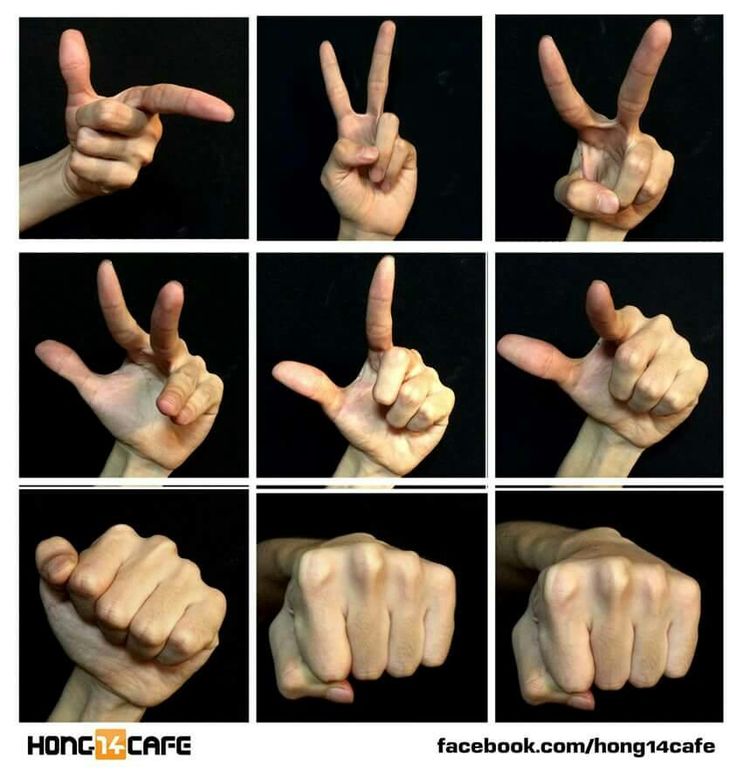
This is the natural state of your body. Another similar example is offered by needle piercing. This is an action that requires focus, concentration and tension, causing the hands to begin to tremble. It's worth worrying when you notice that your hands are shaking more than usual. nine0003
An involuntary handshake is a problem that makes even the simplest of daily activities difficult. Eating, writing or drinking water becomes extremely difficult and demanding. Actions that require more precision or diligence may be forgotten altogether. And this is the daily life of people with trembling hands. The person begins to think - why? Maybe the earthquake started recently? Or maybe it's getting worse. It must have started gradually. Could this have happened when I was under stress, I was very angry? nine0003
Whatever the cause, "tremor" is the name experts attribute to these trembling hands (and sometimes voice, head, mouth, and legs). This happens to people much more often than you think, and the causes and consequences can be very different.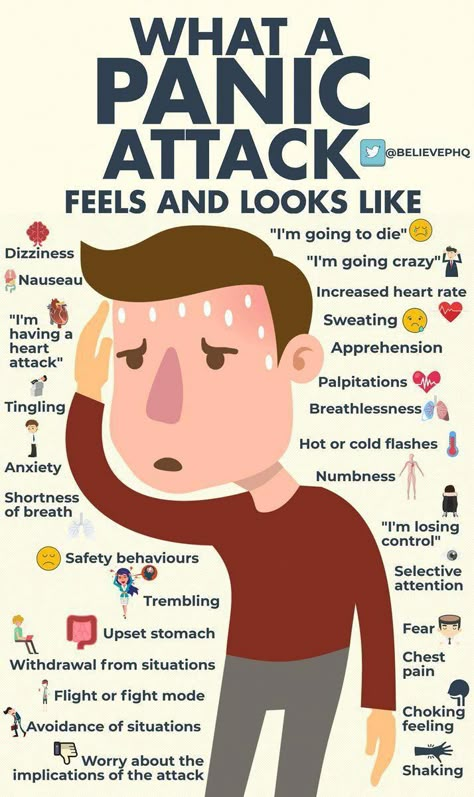
Essential tremor (tremor)
Essential tremor (ET) is the most common tremor disorder. It usually starts in the fingers but may spread to the hands, head, voice, or other parts of the body. nine0003
ET is different in that it affects your hands, especially when they move. Many other tremors occur even when we are at rest.
This may be due to inheritance. This means that if one of your parents is shaking, you are more likely to start one someday.
In some cases, vibration can be caused by toxic substances in the environment. Age is another risk factor. Although significant tremor can occur at any age, it is more likely to occur in people over 40 years of age. The chances increase with age. nine0003
ET is not life threatening but may get worse over time. Stress, fatigue, and excess caffeine can make things worse. At some point, eating, drinking, writing, and all the other daily tasks that we do by hand can become more of a challenge.
This condition is difficult to cure. There are drugs, but none of them work consistently. There is the possibility of something called deep brain stimulation, in which doctors implant a device in your brain to help control shaking. If trembling hands cause problems, Ask your doctor if this treatment can help you.
Parkinson's disease
Tremor is an early sign of Parkinson's disease, which affects 10 million people worldwide. Not everyone with the disease suffers from a tremor, but most notice a tremor in their hand, foot, or even one finger in the early stages.
Trembling usually affects only one side of your body. This usually happens when you relax your muscles. That's why it's called the trembling of the world. nine0003
When you move, the tremor stops. Even a slight flexion of the fingers can help. Like other types of tremors, stress or anxiety can aggravate the situation. Trembling can spread from one side of the body to the other.
Multiple sclerosis.
This disorder affects the immune system, brain, nerves, and spinal cord, and can also cause hand tremors. There is trembling in the arm or leg. MS can cause various jolts. Most often, for example, a significant tremor is observed during movement. nine0003
Quitting alcohol
Tremor is one of the first signs. If you're not too hooked, tremors can only last a few days. If you drink a lot or for a long time, they can last a year or even longer.
It's not always sickness
Shaking hands doesn't always mean you're sick. Sometimes a tremor is your body's reaction to something:
Drugs - block a brain chemical called dopamine (it sends information from one part of your brain to another). These medicines are used to keep your mood up. When the drug is stopped, the tremor will go away. nine0003
Deficiency B12 : Without it, your nervous system will not function properly. It can be found in meat, fish, poultry, eggs and dairy products. If you get so little that your hands are shaking, your doctor will give you an injection of this medication.
It can be found in meat, fish, poultry, eggs and dairy products. If you get so little that your hands are shaking, your doctor will give you an injection of this medication.
Caffeine: A cup of coffee or tea may cause hand tremors.
Stress: From financial and work concerns to relationship problems and health problems, stress causes shivers. Strong anger, intense hunger, or lack of sleep can make you shiver. This is known as physiological tremor. nine0003
Low blood sugar : Your doctor will call this hypoglycemia. It activates your body's natural stress response and makes you shiver.
Overactive thyroid : This gland is located in your neck just above the collar. When this is stimulated, your entire body is mobilized for stress. You have trouble sleeping, your heart may beat faster, and your hands may start to shake.
Nerve damage : Trauma, injury, illness or problems with the central nervous system can also cause tremors.